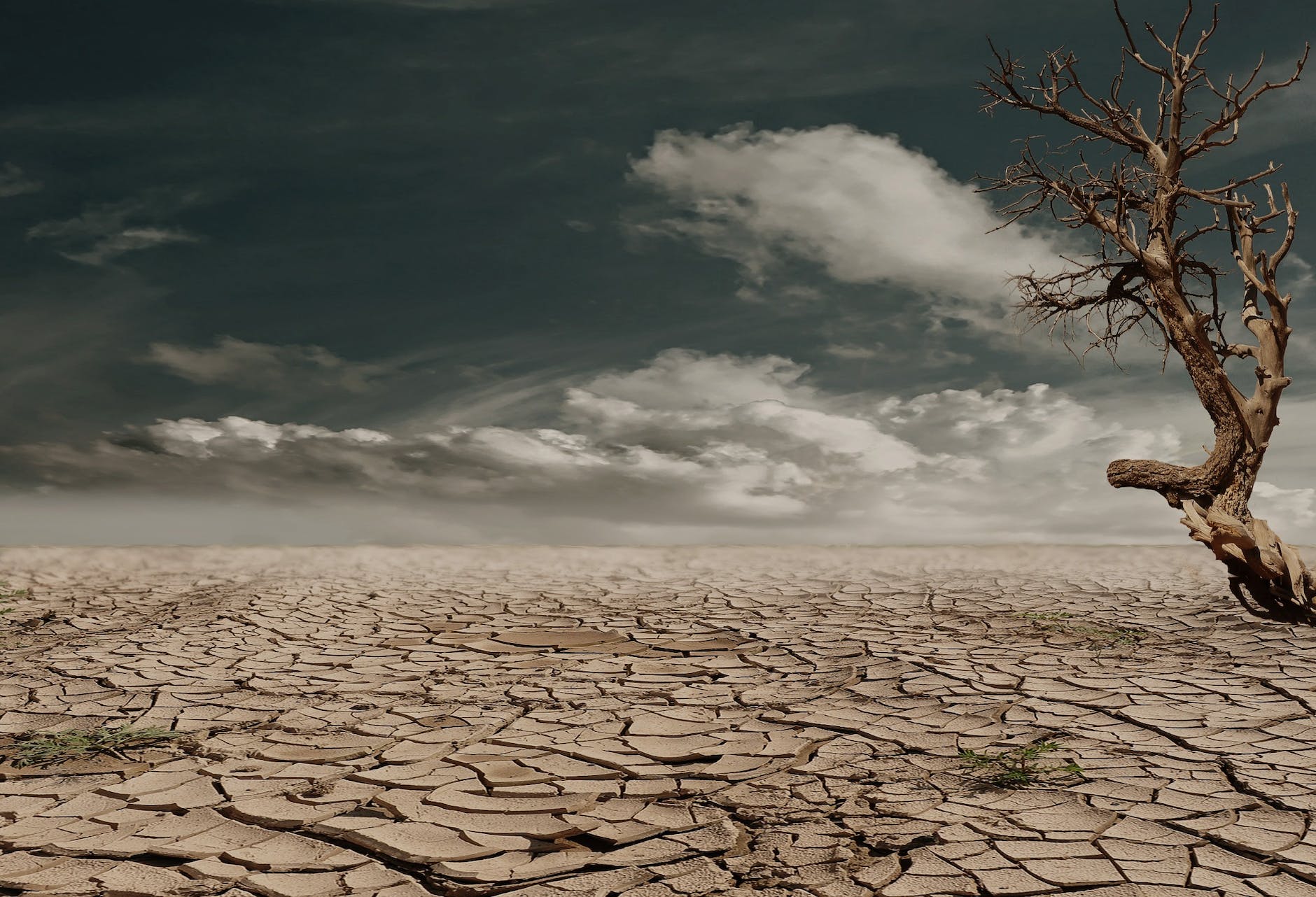Seven global ‘mega-trends’ have been identified as central tendencies shaping this century, and it is not good news that is presented. Trust and cooperation are pillars for a collective force to accommodate these tendencies, but it requires us to work across the board to arrive at good solutions.
By Marte C.W. Solheim
Researchers from the national science agency in Australia, CSIRO, have examined, at the overall level, the development in the world going forward. They last did this exercise in 2012, then with far-sighted tendencies that we see unfolding to this day.
In a recent research report, they present seven global mega-trends that they claim will have a major impact on our future. These mega-trends put a spotlight on economic, social, environmental, political, and technological changes that will take effect in the coming years (see a snapshot of the megatrends here).

Aging population, geopolitical tensions, and climate crisis
Unsurprisingly, the seven megatrends go into the enormous climate changes and the need to accommodate these, an aging population, and conscious relationships with resources and green transition (for example linked to the scarcity of resources).
The researchers also emphasize health challenges, and where several of these have worsened through the Covid-19 pandemic, such as loneliness as well as the risk of new pandemics and antibiotic resistance to name a few. Health challenges and the climate crisis are linked, and this is highlighted in a brand-new study from Nature Climate Change which points to connections between climate change and the increase in infectious diseases and that climate hazards have already worsened known infectious diseases, such as malaria and cholera. In addition, the Australian report points to geopolitical changes and tensions, and points, among other things, to military rearmament reaching new records. The report also highlighted an increase in cybercrime.
In addition, they emphasize digitization and artificial intelligence (AI). Digitization was strengthened through the pandemic and left a mark that will last in the future. It is probably also the reason that many businesses, change products and services that were adapted to the changes and trends that the pandemic has helped to reinforce, such as digitization and green restructuring. Even though many businesses made a quantum leap in terms of digitization during the crisis, there is still more potential to maximize our digital capacity, the researchers from Australia note.
Everything is people: the human dimension
The seventh and last dimension that the Australian researchers highlight is the human dimension. This relates to the points above because it is people who do things. Organizations and society must change to adapt to the changing climate, but it is not regions or companies that do things, it is the actors in these.
- Taken together, these mega-trends form the key to the challenges as well as the opportunities we face in the next twenty years.
This is because, “trends, like horses, are easier to ride in the direction they are going” according to the founder of the concept of ‘megatrends’, John Naisbitt. Understanding these megatrends enable us to make a plan for how we can accommodate them.
There are complex and large challenges that are being raised here, and it is essential to think through in what ways these are translated “on the ground”, i.e. here we are and what they mean for our daily lives and work. It is only in this way that we can manage to convert these challenges into innovation capacity and change.
It is important not to think of these seven megatrends as seven in isolation, but to think about how they are connected, for example linked to trust, which is an element that permeates the entire report: trust in institutions, technology, supply chains and safety. Democracy, and secure citizenship, and get hold of the voices of those who are not necessarily heard. What arena do we have to hear their voices? And in order to be able to collectively pull the load as a team, one depends on people being seen, heard and able to participate. It is therefore timely to do more than passively inform or reflect on these megatrends, and ask ourselves: how can we create trust and safeguard human needs and security in the face of these megatrends?
The big storms ahead of us
The big storms are behind you, the Norwegian author Olav H. Hauge wrote in a poem many years ago, followed by: in the storm you did not ask why you were there, where you came from and where you were going, you were just in the fire. This may be how it feels in times of crisis for many. Then it’s about getting on, staying afloat. This can also be felt in relaxing times such as during the summer holidays. But if we now look away from all the “now we start work again after a lovely holiday” – updates on social media and think about how we can meet these megatrends and have a conscious relationship ‘with them’, it will enable us to be placed in a strengthen position for the road ahead.
Note: An edited version of this text was published as a guest commentary in Stavanger Aftenblad (in Norwegian).
